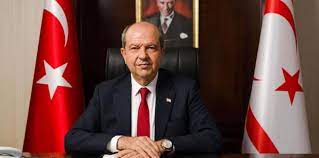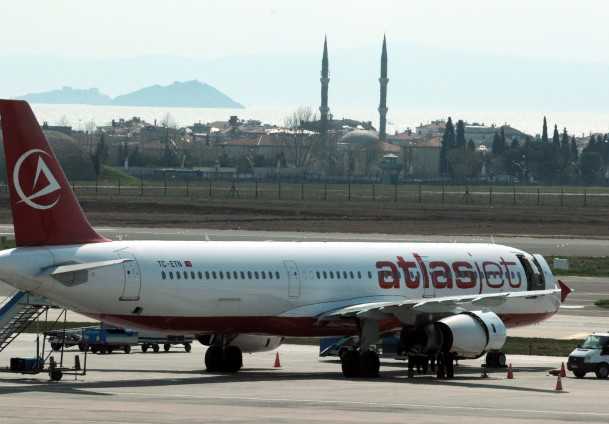Maria Angela Holguin, the Personal Representative of the UN Secretary-General, has concluded her sixth week of investigations into the existence of a negotiating basis for a solution to the Cyprus problem.
After weeks of negotiations and attempts, Holguin realised that there was no common ground and informed her big brother, Colin Stewart, Special Representative of the UN Secretary-General and Head of the United Nations Peacekeeping Force in Cyprus (UNFICYP), in detail.
The instruction sent to her was as follows; ‘continue to deceive, pretend to continue the negotiations in the triangle of Ankara-Athens and Nicosia, but your main task should be to establish contact with Civil Society Organisations, especially in the North Cyprus, and to identify the Civil Society Organisations that are pro-Atlantic Alliance and want Federation’.
The goal of the Atlantic Alliance is clear.
Of the 3 states existing on the island of Cyprus, the TRNC, the Greek Cypriot Administration of Cyprus and the Akrotiri State, to eliminate the Turkish Republic of Northern Cyprus (TRNC), which is separatist according to them, to remove the Turkish Armed Forces from the island and to intimidate the Turkish Cypriots who believe in the TRNC.
Second step;
To completely remove Turkey’s hand from the island of Cyprus, to destroy Turkey’s Exclusive Economic Zone rights in the Aegean Sea and Eastern Mediterranean and to confine Turkey within its own territorial waters by putting the Aegean Sea and the Eastern Mediterranean completely under the control of the Atlantic Alliance.

The actual intervention to bring the island of Cyprus completely under the control and sovereignty of the Atlantic Alliance will begin in mid-2025, in line with the report given by Maria Holquin, with the games and manipulations to be played on the TRNC people and economy.
The first target will be to make the Turkish Cypriot leader Ersin Tatar, who, according to them, is ‘intransigent’ and stands in the way of the Atlantic Alliance’s goals and creates obstacles, ‘lose the TRNC Presidential elections to be held in October 2025 and get the candidate of their choice to be elected’.
Maria Angela Holguin, the Personal Representative of the UN Secretary-General, has identified non-governmental organisations, politicians, opinion leaders, media organisations, media members, columnists, newspapers, social media activists and influential people who are sympathetic to the Atlantic Alliance and who are in favour of the establishment of a Federation-type so-called ‘Joint Government’ in Cyprus, which will consist of Greeks and Turks. (Which she preferred these people and organisations during her visits to talk).
As of the moment, a work programme is being prepared to discredit TRNC President Ersin Tatar and his supporters, politicians, non-governmental organisations, media organisations, media members, columnists, newspapers, social media activists and the people who can be influential, and to mobilise the pro-Atlantic Alliance group.
Firstly, an action plan and budget will be determined.
The action plan will include the identification of a ‘new vision’ that will have an impact on the Turkish Cypriot people and how the pro-Atlantic Alliance group will be mobilised.
The second and most important step will be the action plan.
In this plan; The establishment of a political party or various non-governmental organisations supporting the wishes and visions of the Atlantic Alliance will take place and to promote the visions of Atlantic Alliance and to convince the majority of the Turkish Cypriot people with fancy and enticing promises through organisation of rallies, existing newspapers, television organisations, social media activities.
The last step would be:
To convince the majority of the Turkish Cypriots that the President Tatar’s idea of an ‘equal, sovereign, internationally recognised two-state solution’, which he has been advocating since the day he was elected, is not correct and on the contrary the Federation-type so-called ‘Joint Government’ consisting of Greeks and Turks in Cyprus is the best solution…
The village where the barns are visible does not need a guide.
Prof. Dr. (Civil Engineer), Assoc. Prof. Dr. (Int Rel.) Ata ATUN
Member of the Advisory Board of the TRNC President
TRNC Republican Assembly 1st Term Deputy






